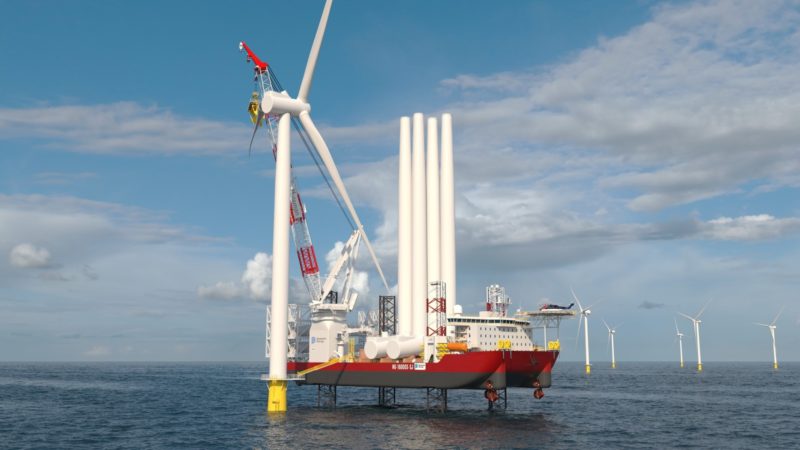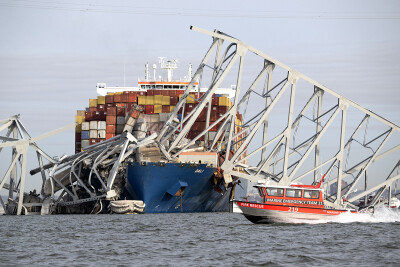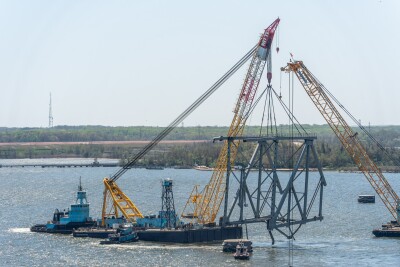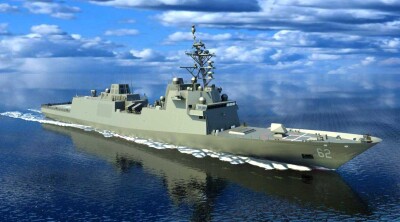Dominion Energy has filed its plans to build and operate a 2,640-megawatt offshore wind turbine array off Virginia with federal regulators. It’s the largest planned offshore wind farm to date for U.S. waters.
The construction and operations plan, or COP application, presents details about the Coastal Virginia Offshore Wind commercial project to the Bureau of Offshore Energy Management, which must evaluate and give approval to the company to build on the 112,800-acre lease it obtained in 2013.
Dominion lit up the first commercial wind turbines in U.S. federal waters when two 6MW turbines in a pilot project at the edge of the lease 27 miles east of Virginia Beach were activated in September 2020.
The company wants to start construction on the commercial phase of its project in 2024, aiming for completion in 2026, so it’s looking for the BOEM review to be completed in two years.
"This is an important step in the process toward bringing commercial-scale offshore wind to the Commonwealth and shows Dominion Energy is committed to delivering the clean, renewable and reliable energy our customers expect from us," said Joshua Bennett, Dominion Energy's vice president of offshore wind. "We look forward to working with the Bureau of Ocean Energy Management as the CVOW commercial project moves through the permitting process."
Dominion filed its plan a week after the Department of Interior appeared to upend Vineyard Wind’s planning for an 800MW project off southern New England. After Vineyard Wind withdrew its COP, asking for time to do a redesign around installing larger GE Haliade 12MW turbines, the department declared the developers would need to file a new application.
On top of that, the department’s legal office issued a 16-page guidance document saying Interior Secretary David Bernhardt must take stronger action to preserve commercial fishermen’s interests in how wind farms are permitted.
Dominion officials say their filing will show BOEM that the project is located and designed “in a manner that protects natural resources, the environment and human and wildlife health; uses the best available and safest technology; and does not unreasonably interfere with other uses of the Outer Continental Shelf, such as commercial and recreational fishing, commercial shipping lanes and military training maneuvers.” Offshore Virginia is a training area for Navy vessels based in the Hampton Roads area and the airspace is used by Navy, Marine and Air Force pilots.
Dominion is having a $500 million wind turbine installation vessel – the first U.S.-flag, Jones Act compliant vessel in that class – built to serve its project, and others planned off the East Coast. The 472’x184’WTIV will be one of the largest worldwide, with a Huisman main crane boom length of 426 feet and lifting capacity of 2,200 tons – enough the handle the next generation of 12- to 14-megawatt turbines standing over 800 feet tall.
The vessel is under construction by global marine shipbuilding firm Keppel AmFELS at its Brownsville, Texas shipyard, and will carry up to 119 persons when it goes into service by the end of 2023, according to Dominion when it announced the keel laying this week.
According to an economic impact study performed by Mangum Economics and commissioned and published by the Hampton Roads Alliance, Dominion says it’s estimated that the CVOW commercial project could create approximately 900 jobs and $143 million in economic impact annually during construction and 1,100 jobs and almost $210 million in economic impact annually during operation of the turbines.
During construction, CVOW commercial project “is estimated to generate nearly $5 million per year in local and state tax revenue which increases to almost $11 million annually once the project is commissioned and operational,” according to Dominion.





